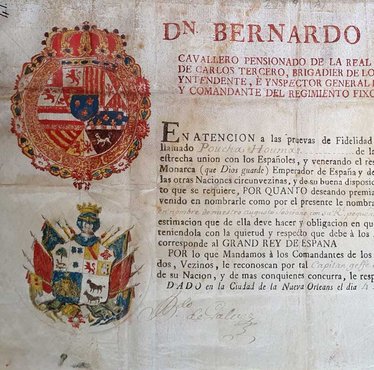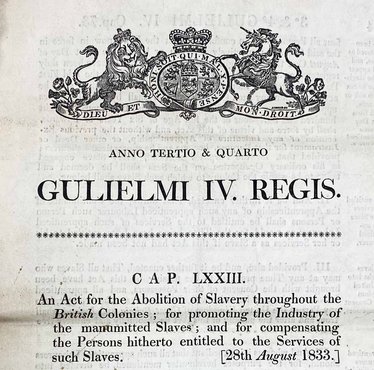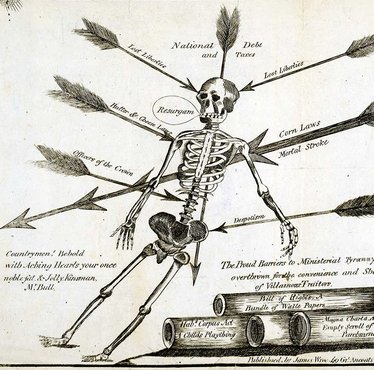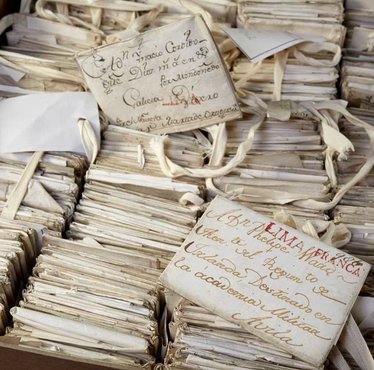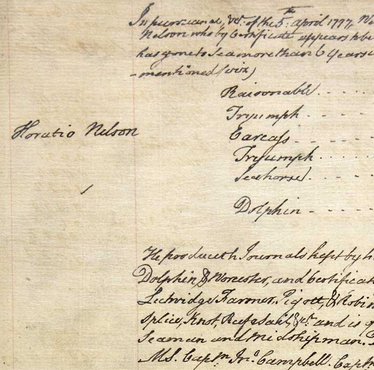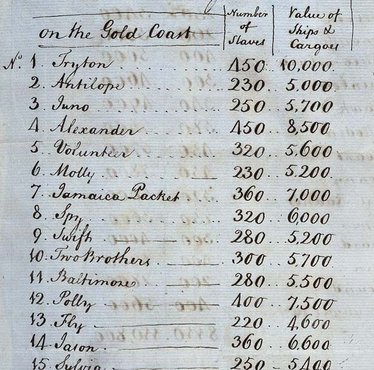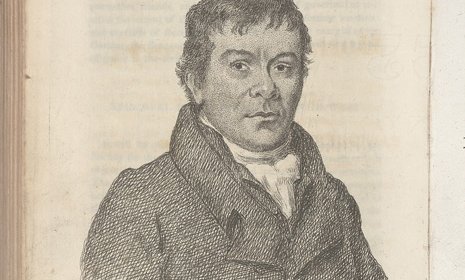
Georgians (1714–1837)
Our records from this era tell a story of political unrest at home and conflict overseas, particularly during the Napoleonic Wars. Trading records show Britain’s reach across the globe and, in some cases, reveal the horrors of the transatlantic slave trade.
-
‘The Book of Negroes’: Black refugees who fought in the American Revolution
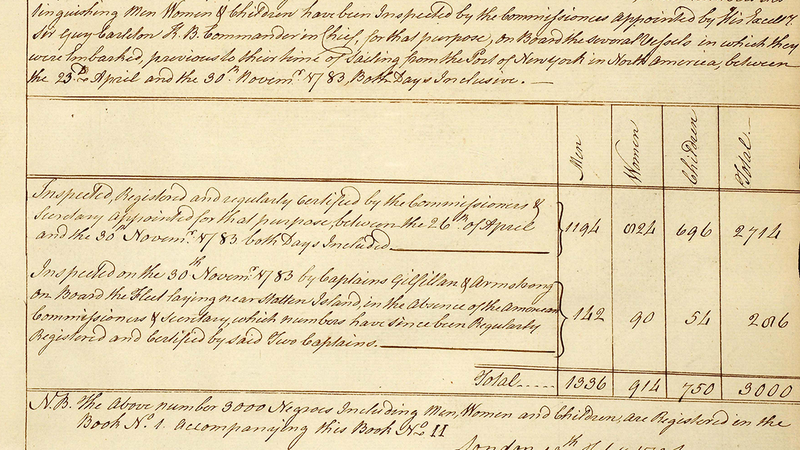
This volume offers a glimpse of the numerous ‘Black Loyalists’ who seized the American Revolutionary War as a chance to gain freedom from enslavement.
-
The first American invention to obtain an English patent
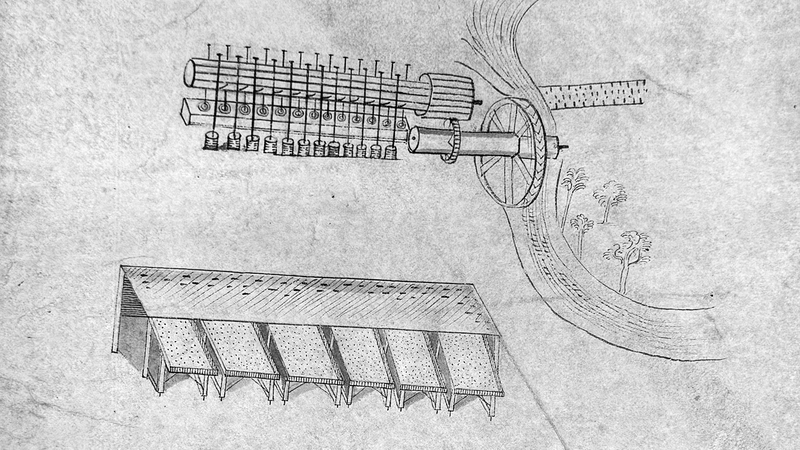
These intricate 1716 drawings were submitted by Sybilla Masters in the final stage of securing a patent for machinery for 'cleaning and curing Indian corn'.
-
The proclamation of Ned Ludd
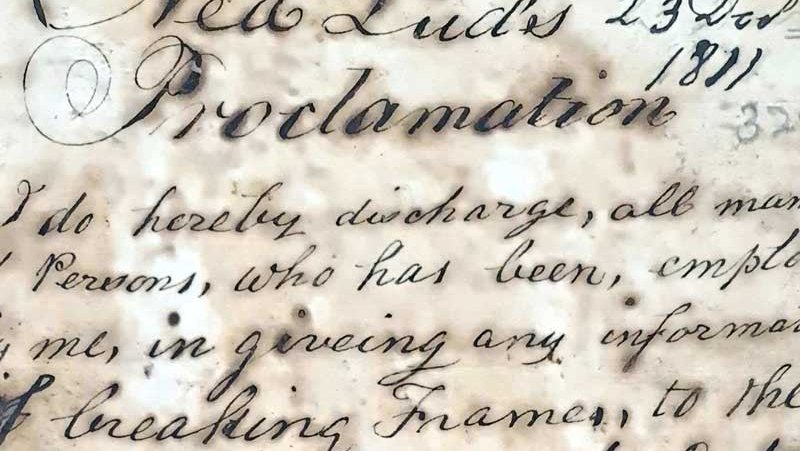
This note threatens death upon anyone talking to the authorities about the Luddites, textile workers protesting against new, labour-saving technology.
-
The libellous letters of the Chevalier d’Eon
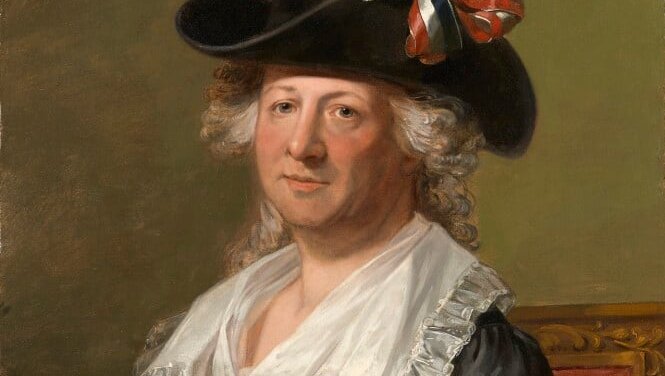
Pre-trial statements from this 1776 dispute between the Chevalier d’Eon and Charles de Morande provide intricate details about these two French spies.
-
Smuggling gangs and coastal policing in 19th-century England
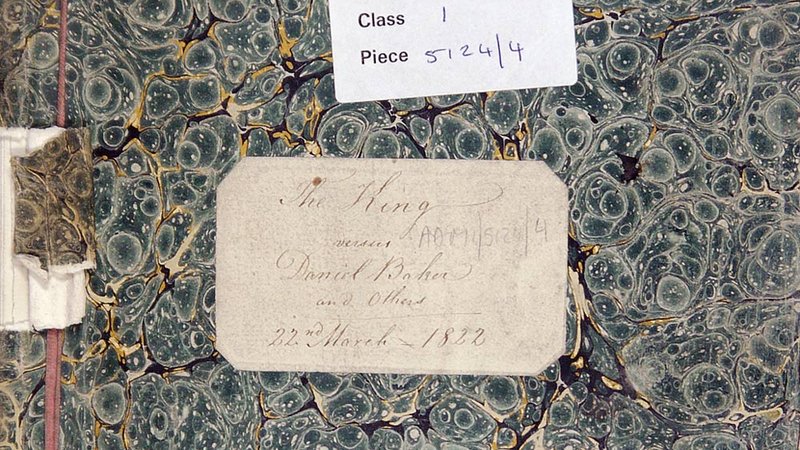
Following the Napoleonic Wars, smuggling became a major concern for the British government.
-
Request for compensation for the Boston Tea Party
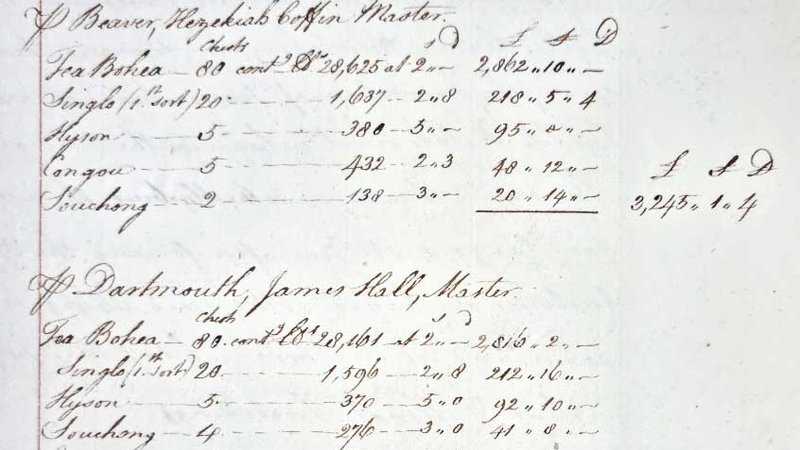
On 16 December 1773, 340 chests of tea were thrown into Boston harbour by protesting colonists. This letter from the East India Company requests reimbursement.
-
List of HMS Victory's killed and wounded at the Battle of Trafalgar
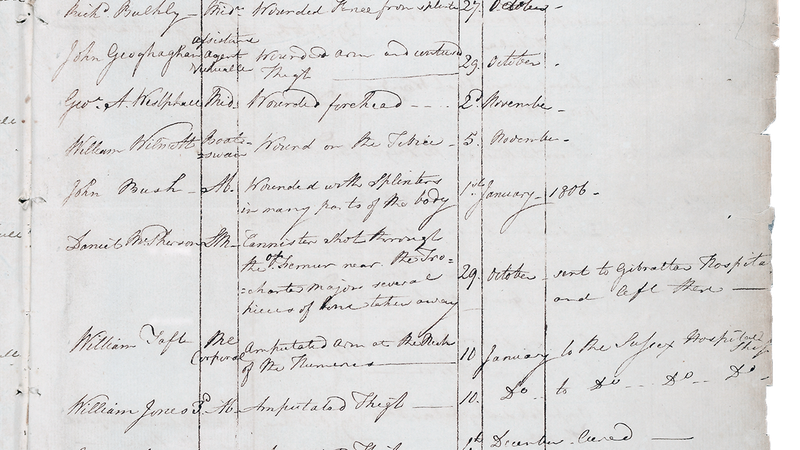
We hold one of the lesser known records from the Battle of Trafalgar, the Surgeon’s journal for HMS Victory by William Beatty.
-
Sir John Fielding
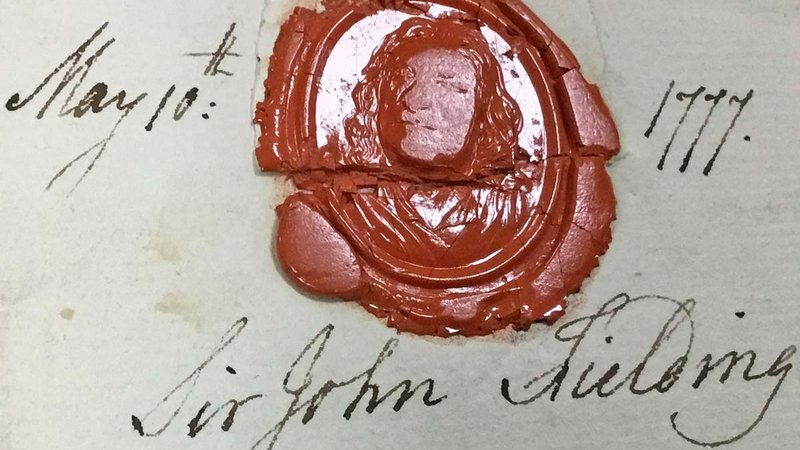
Sir John Fielding grew to become one of England’s first and greatest police detectives. And for his entire crime-fighting career, he was blind.
-
The papers of Nuestra Señora de Covadonga, a Spanish treasure galleon
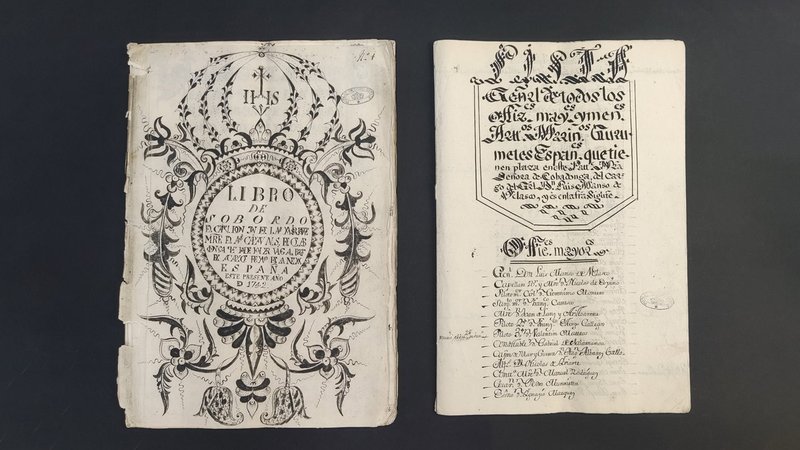
This previously unknown set of records from an 18th-century galleon shines a light on one of history's most significant trade routes.
-
Sir Henry Cole’s rat

Our collection includes many weird and wonderful records – one of the weirdest is undoubtedly a small box containing the remains of two long-dead rats.
-
Angry letter sent during the ‘Bread or blood’ riots
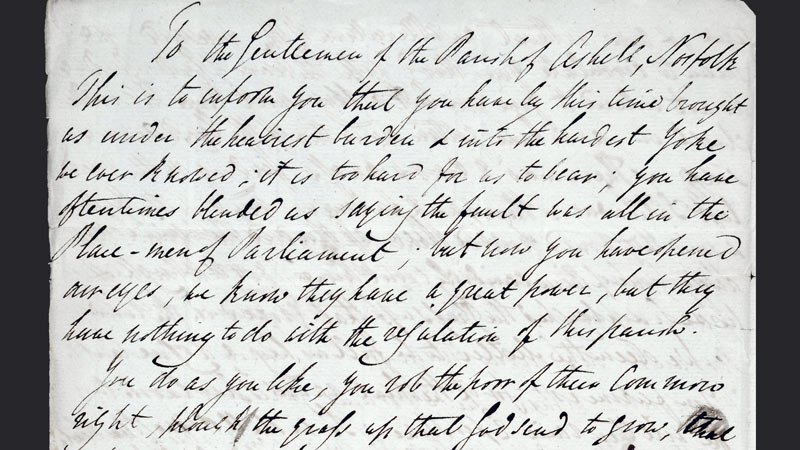
This angry letter offers a rare view of the words of ordinary people at the time, threatening violence in response to falling living standards in rural England.
